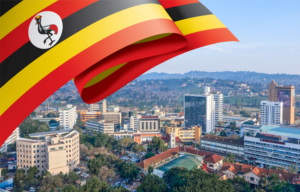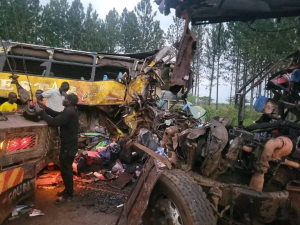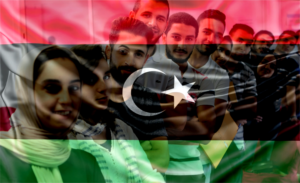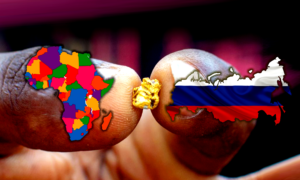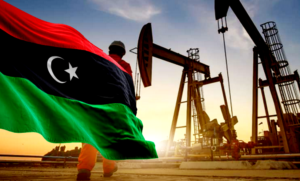Uganda Pushes Back on U.S. Deportation Rumors: What’s at Stake in the Migration Debate
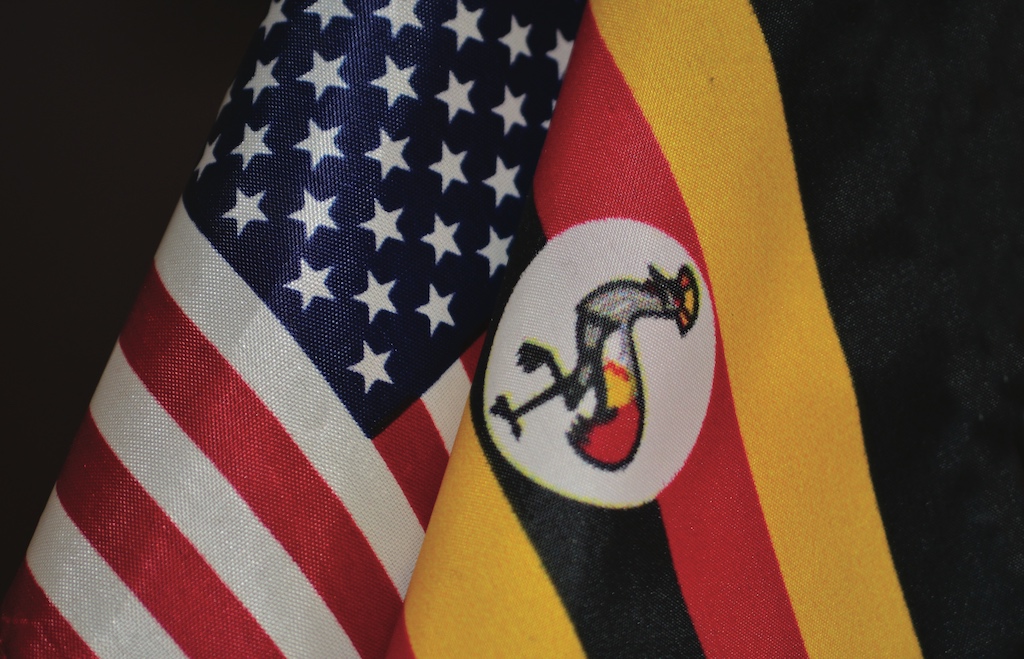
In recent weeks, Kampala has found itself caught in a swirl of speculation. Reports circulated that Uganda had entered into a secretive agreement with Washington to accept migrants deported from the United States, casting the East African nation as a potential hub in America’s wider deportation strategy.
But Ugandan officials have come out firmly against the claims. Okello Oryem, Uganda’s Minister of State for Foreign Affairs, publicly denied any deal, insisting that the country has not signed, nor even considered, such an arrangement. “We lack the infrastructure to house deportees, and we have not been approached formally on this matter,” Oryem declared, seeking to quiet the mounting chatter.

Still, the controversy has ignited broader questions about migration politics, international diplomacy, and Uganda’s own domestic realities.
The rumors first surfaced amid reports that Washington is exploring ways to redirect migrants to third-world countries. This is a part of a broader trend among wealthy nations, seeking offshore solutions to the politically charged issues of migration. Such strategies are not new: the United Kingdom has pursued a controversial relocation deal with Rwanda, while the European Union has struck migration management pacts with North African states.
That Uganda, often hailed for its relatively open refugee policies, was mentioned as a possible partner is perhaps unsurprising. The country currently hosts over 1.6 million refugees, mainly from South Sudan and the Democratic Republic of Congo, making it one of the largest refugee-hosting nations in the world.
But as Oryem pointed out, hosting war-displaced neighbors is different from accepting deportees from across the Atlantic. The infrastructure gap, limited housing, health systems under pressure, and stretched social services, makes the idea both politically sensitive and practically implausible.
At the human level, the rumors have stirred unease. Civil society groups worry that if such an arrangement were ever struck, it could overwhelm already fragile support systems. Uganda’s settlements, while praised for allowing refugees freedom of movement and land access, are struggling with underfunding and overcrowding.

For ordinary Ugandans, the idea also raises uncomfortable questions: Would deportees from the U.S. find jobs in an economy already battling youth unemployment above 40 percent? How would integration work in a country where rural poverty remains stubbornly high?
“These stories make people nervous,” said Sarah N., a community organizer in Kampala. “We are proud to support refugees from the region, but taking in deportees from America feels like someone else’s problem being shifted onto our shoulders.”
Behind the scenes, migration deals often carry financial undertones. Countries that agree to host deportees or asylum seekers are usually offered significant aid packages, infrastructure funding, or security partnerships. Rwanda’s pact with the UK, for instance, reportedly involved hundreds of millions of dollars in financial commitments.
For Uganda, which faces persistent budget shortfalls and depends on external financing, such incentives could be tempting. But officials insist the country’s sovereignty and capacity limitations come first. “We are not for sale,” Oryem stressed, pushing back on the notion that Kampala might trade humanitarian responsibilities for financial aid.
Still, Uganda’s long-standing partnership with the U.S. complicates the narrative. Washington is a key security and development partner, supporting Uganda in areas ranging from counterterrorism to public health. Analysts suggest that while Uganda has rejected the deportation rumor for now, it may face growing diplomatic pressure as the U.S. explores creative solutions to its migration challenges.
Uganda’s denial comes at a time when migration is reshaping global politics. Wealthy countries, grappling with domestic political pressures, are increasingly looking to outsource migration management. Meanwhile, frontline states like Uganda, already stretched by regional refugee crises, find themselves pulled into complex negotiations they may not have sought.
The episode underscores a deeper dilemma: how to balance humanitarian reputation, domestic capacity, and geopolitical relationships. For Uganda, a nation proud of its open-door policy toward refugees, the prospect of being entangled in America’s deportation schemes highlights the limits of goodwill in the face of resource scarcity.
For now, Kampala’s message is clear, No Deal Exists. But the rumor itself reflects how migration has become a bargaining chip in global politics, one where nations like Uganda are both celebrated for their generosity and vulnerable to external expectations.
As the dust settles, the question remains: how long can Uganda resist being drawn into these larger migration deals, especially if the financial and political offers on the table become harder to ignore?


